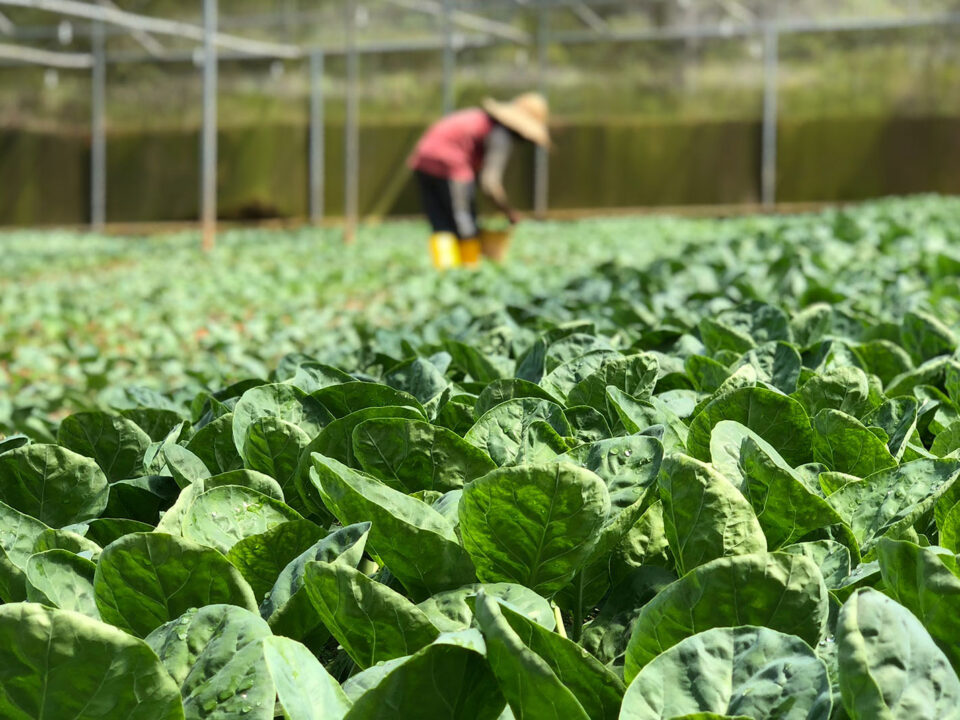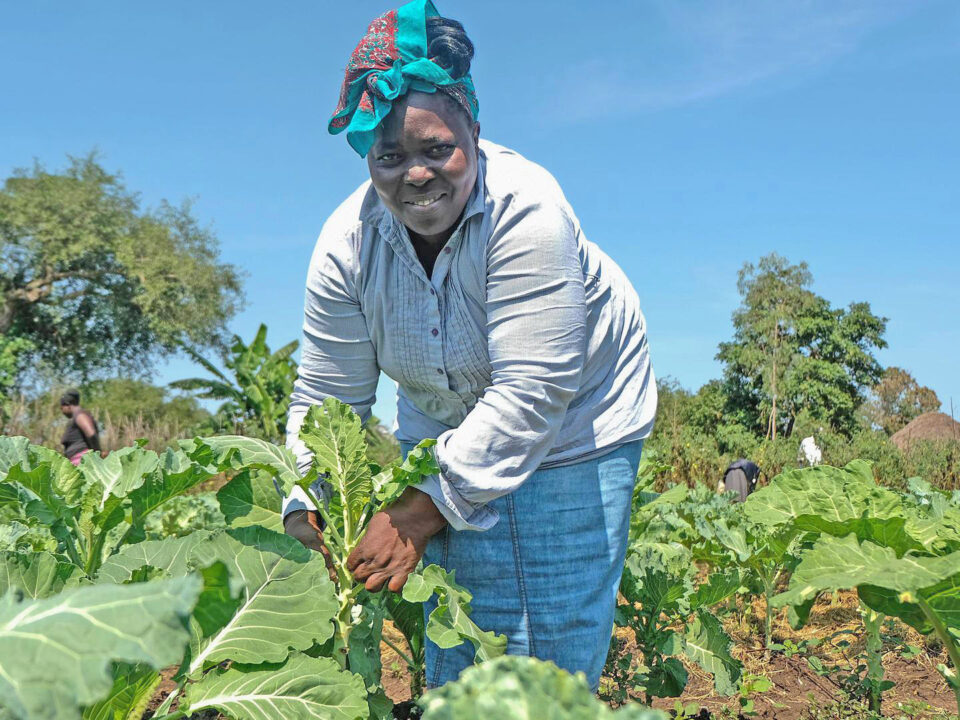Current and future challenges facing the food system

The Foundation and Technology of Salvation Farming
September 18, 2022
Vision for a regenerative and nourishing food future for the Earth and People
November 22, 2022We currently face the collapse of many of the same systems that provide us the ability to live on Planet Earth. The water and air are polluted. Toxins have been inputted into the soil under the guise of improving production, and these very toxins have remained combined as new chemicals that have other effects while most of the inputs for the ground have leeched into water systems further toxifying the freshwater we drink and the seawater that is responsible for much of the air we breathe, the fisheries that supply livelihoods for millions, the tourism that provides economics for many nations and ultimately the food resource have become more depleted, harder to keep up with demand thereby more expensive and finally necessitate the need for more dangerous inputs further marginalizing connected biomes and skyrocketing the costs for cropping.
There needs to be a radical change to create the opportunity to transition from a downward spiral to a productive, environmentally safe, and better future for the communities that provide most of the nutrients that are also at the lowest common denominator for many societies. Mass starvation, pestilence, war, and disease are the likely future scenarios we face as a planet.
How can we have done this? The public is stupefied into believing that these problems are being solved right now...they aren't! More and more the economics of living is being shrunken to bare subsistence for many on the planet. Much of the food that is being consumed is not nutritious. Almost 40% of the food produced is not even leaving the fields.
Once the food is in the market system another 40-60% is wasted thus leaving a mere 20% efficiency to the whole food productivity equation. The agriculture system is broken. Small-holder farmers, who make up the majority of the farmers on the planet are disenfranchised as they lack a fair go-to-market pathway, they lack the funds to compete with appropriate ways to increase their crop production adequately, the paths for support are in-general, not regenerative (significantly depending upon commercial inputs that are more expensive and not sustainable for the farmers to be doing from year to year without outside financial inputs from governments or NGOs), the children of the farmers are not given enough reasons to stay in the community (just as we look at regenerative farming practices for the soil being beneficial, we need to look at regenerative practices for the communities where the farmers reside like public services, education opportunities, health maintenance and effective ombudsmen for the rights of the small-holder farmers and their communities).
By 2050, what will be the future?
- Will the Earth's landscape be desolate with very few people alive?
- Will society revert back to hunter-gatherer societies?
- Will governments be collapsed? Policies will cease to exist except for the law of survival.
- Will we be further marginalized due to economic disparity?
We believe that without profound change we are headed for total breakdowns of the very suites that keep us alive today. If the earth is on life-support now by 2050 the plug may be pulled by the outcomes of our very actions or there need to be a STOPPING POINT NOW to curb the eventuality of where we are headed.
Salvation Farming Solutions (SFS) is a disruptive, environmentally conscience Farming Technology Company, unapologetic in our passion for producing transformational farming and water treatment solutions; combining decades of field testing with multi-decades of ocean, rivers, lakes and agricultural rejuvenation experience, developing innovative ways to finance and implement profitable global initiatives that directly empower and impact the local community while substantially contributing to a vastly improved economic result; radically increasing delivery of more nutritious food, rejuvenated soil and sustainable aquatic life/water regeneration purification.
SFS developed a revolutionary new maize program system, combining decades of testing, rich agricultural experience, in-depth knowledge of cellular metabolism, a commitment to natural/organic applications supported by extension services, and research-driven decisions; creating lower-cost, high-yield farming solutions. SFS is exploring partnerships with both public and private sectors to bring nature-based technology to farming communities through highly interactive educational programming in developing economies to address the food security challenges experienced in each region served through regenerative agriculture practices.
The products include Soil, Fertilizer, Seed, and Pesticide treatments which are all-natural and non-GMO.
How do we create the necessary change:
- Evaluate current conditions
- Involve leaders in every community to think about the future
- Train the participants toward eco-friendly economically viable sustainability 4. Participate with the farmers for practice changes
- Celebrate success
- Reinvigorate the farm communities
- Employ artificial intelligence to seek out the best patterns and communicate real-time information
- Provide traceability for optimization
- Better educate all levels of society with economic rewards
- Follow Farm to Table optimization.


